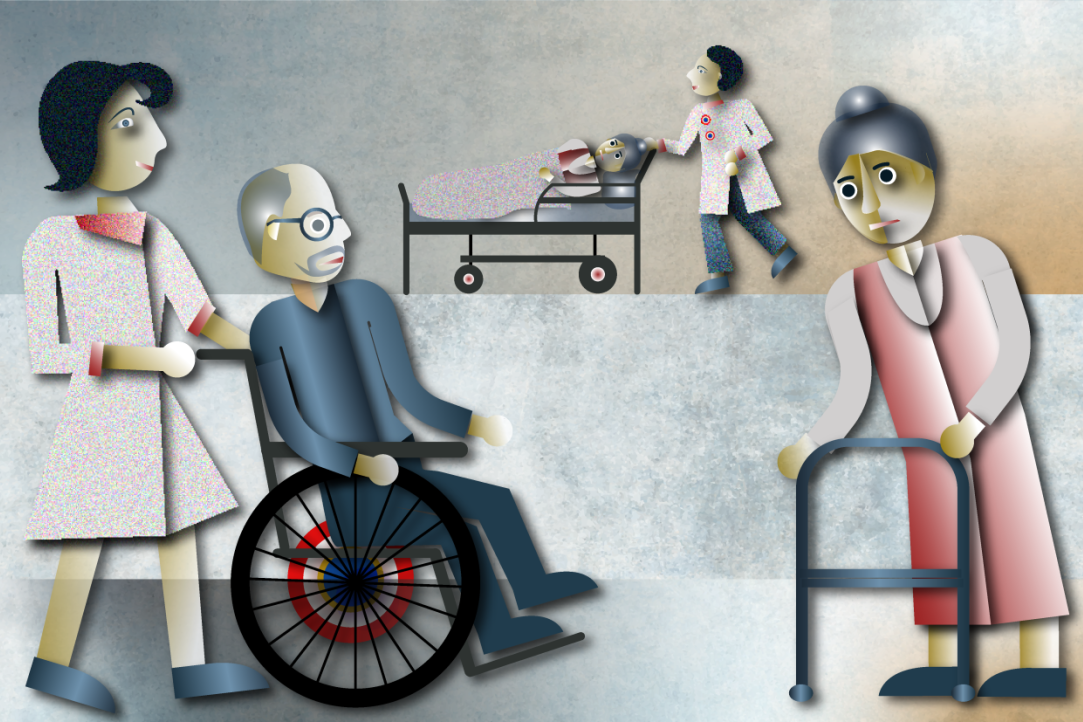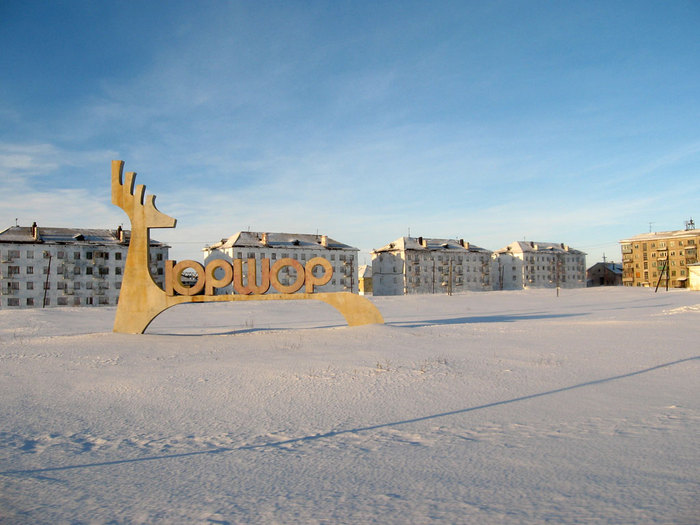
Mortgage and Demography: HSE Scientists Reveal How Mortgage Debt Shapes Family Priorities
Having a mortgage increases the likelihood that a Russian family will plan to have a child within the next three years by 39 percentage points. This is the conclusion of a study by Prof. Elena Vakulenko and doctoral student Rufina Evgrafova from the HSE Faculty of Economic Sciences. The authors emphasise that this effect is most pronounced among women, people under 36, and those without children. The study findings have been published in Voprosy Ekonomiki.

'Motivation for Pursuing Big Goals in Life': What is Taught in 'Population and Development' Master's Programme
In 2023, the Master's Programme 'Population and Development' was ranked among the top educational programmes at HSE University. The HSE News Service explains what makes this programme special, and why specialists in population issues should study Python, housing policy, and public administration.

Elderly People, Crisis, and Robots
Across the globe, countries are witnessing dramatic shifts in the relative proportions of younger and older generations in their demographic makeup. Even in African states, signs of an emerging demographic decline are becoming evident. By 2050, two thirds of people aged 65 and over will be living in low- and middle-income countries. While an ageing population poses a significant challenge to national economies, it can also serve as an impetus for development, especially in the realm of technology. What is the extent of global population ageing, what challenges arise in this context, and whether humanity is capable of addressing them are some of the key questions, explored by IQ.HSE, based on a paper published in Sociological Journal by Leonid Grinin, Anton Grinin, and Andrey Korotayev at the HSE Centre for Stability and Risk Analysis.

Search Query: How to Study Migration with Google Trends
Experts have calculated that the number of international students in Russia has grown six times over the last decade, and researchers say that many of those who are studying today would like to stay in the country. This, alongside issues such as why Google Trends are worth looking into, were covered at the HSE XXIV Yasin International Academic Conference on Economic and Social Development section on demography and labour markets.

Long-awaited Long-term Care
The number of older persons and their life expectancy are on the rise in many countries worldwide. As they age, some people need assistance with daily living activities, something their family is not always capable of providing. This creates a demand for professional long-term care that integrates medical and social services. How Russia can benefit from other countries' experience of providing public long-term care is discussed in a report* presented by the HSE Centre for Social Policy Studies at the XXIII Yasin International Academic Conference on Economic and Social Development hosted by the HSE University.

Where the Babies are Booming: Which Russian Regions Have the Highest Birthrates?
The birthrate across Russia is not uniform: in some areas, people have children earlier in life, and in some, later. These contrasts reflect various populations’ differing demographic outlooks and the dynamics of their respective regions, as well as the extent to which their residents adhere to traditional norms of reproductive behaviour. On the whole, almost no large areas with high birthrates remain in Russia. Here, IQ.HSE studies current trends based on an article by demographer Artur Petrosyan.

Deadly Habits: Why Women Live Longer Than Men
In developing countries, the gap in life expectancies between men and women has been shrinking for a long time—but it has not disappeared completely. In many cases, gender-related differences in mortality in the 45–69 age group account for almost half of this gap. However, in Eastern Europe, early mortality in men aged 50 and under accounts for over a third of it. Demographer Marina Vergeles examined the situation in more than 40 countries and shared her conclusions with IQ.HSE.

Demography and Social Policy: First Readings in Memory of A.G. Vishnevsky Held at HSE University
The Human Capital Multidisciplinary Research Center, together with the Vishnevsky Institute of Demography and the International Laboratory for Population and Health, organized the first demographic readings in memory of HSE University Professor Anatoly Vishnevsky, the first director of the Institute. The experts in attendance discussed a wide range of topics, including family policy, how to improve the conditions of low-income people, and how to correct market and employment setbacks.

Think Before You Drink: Why Women Live Longer Than Men
Women are more likely to live to old age because they are less prone to indulge in bad habits than men. A whole range of social, biological and other factors—such as women being more likely to visit the doctor and exercise—also play an important role. Experts from HSE University and RANEPA analyzed the effects of various factors on the reduction in men's life expectancy, which varies based on habits and ideas about male behavior in different countries.

Shrinking Vorkuta: Depopulation and Decline of Russian Arctic Cities
In Soviet times, relocation to northern monocities was seen as an attractive option, with high pay and good perks, along with a well-developed infrastructure, perceived as offsetting the harsh climate. The situation is different today, with some cities on the verge of vanishing into extinction. A prominent and rather striking example of this process is Vorkuta in the Komi Republic. A team of researchers from the HSE and Politecnico di Milano, having examined the progressive shrinkage of this once booming monocity, concluded that the case of Vorkuta could suggest effective approaches to managing urban depopulation in the Russian Arctic.


Registration is open until October 4, 2025